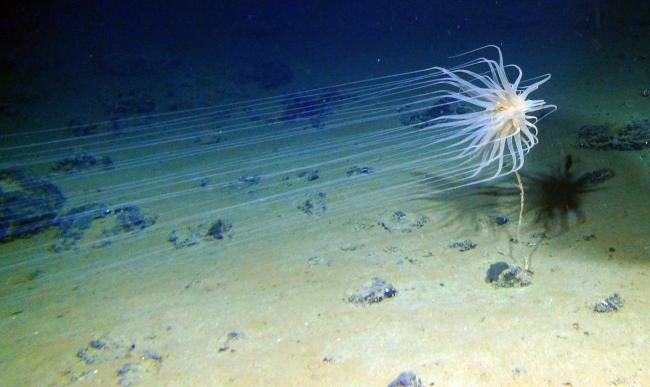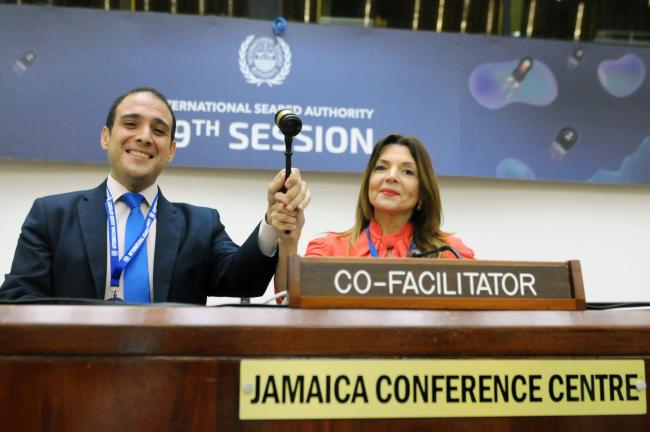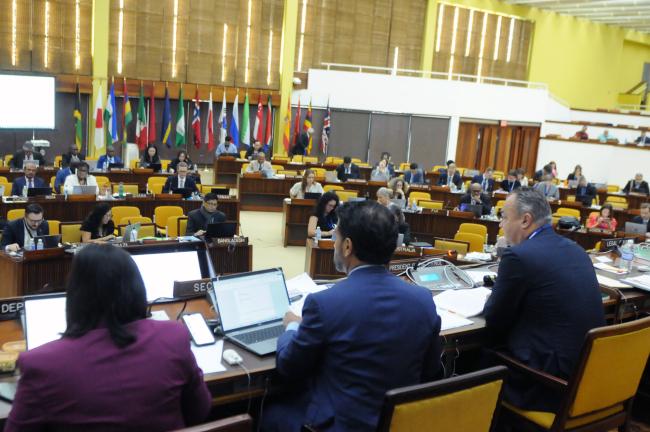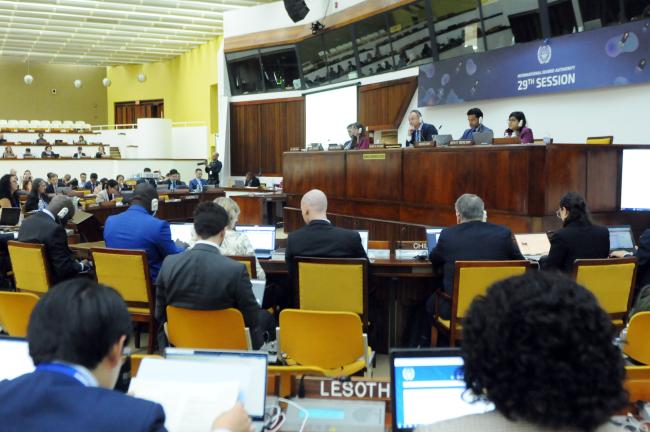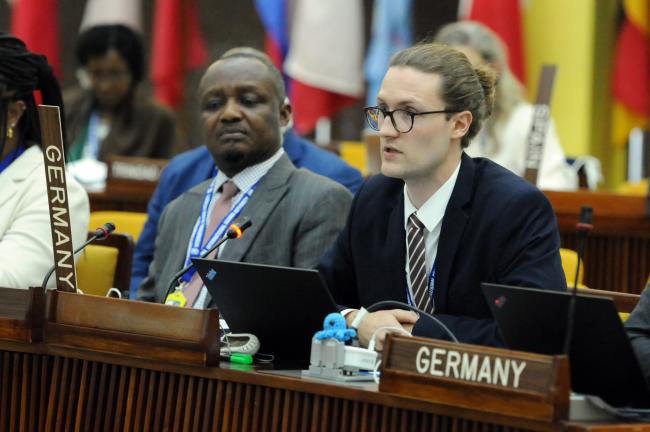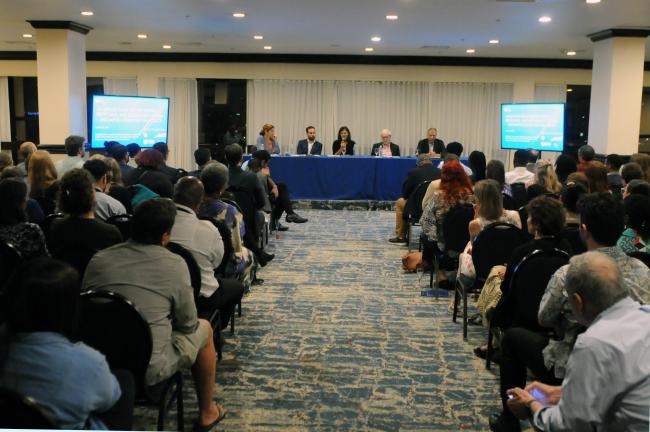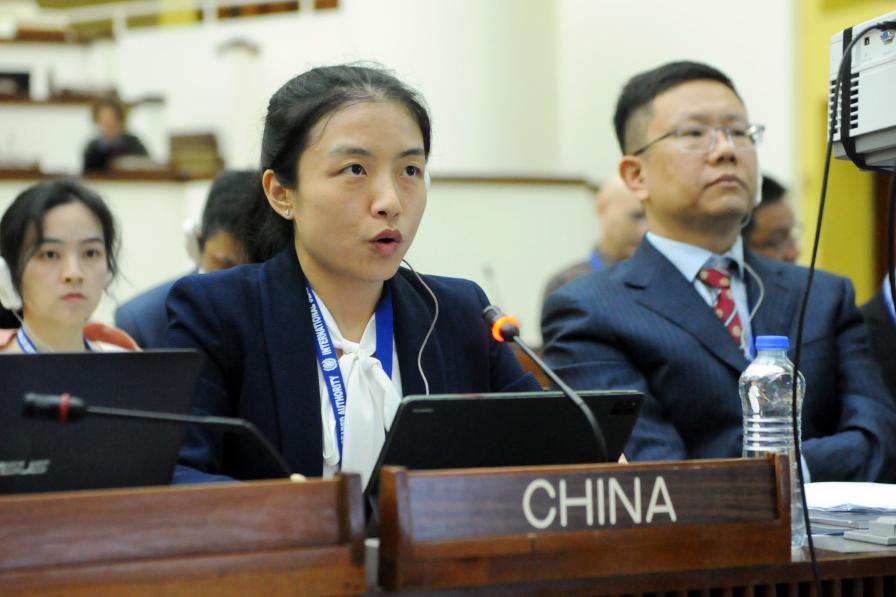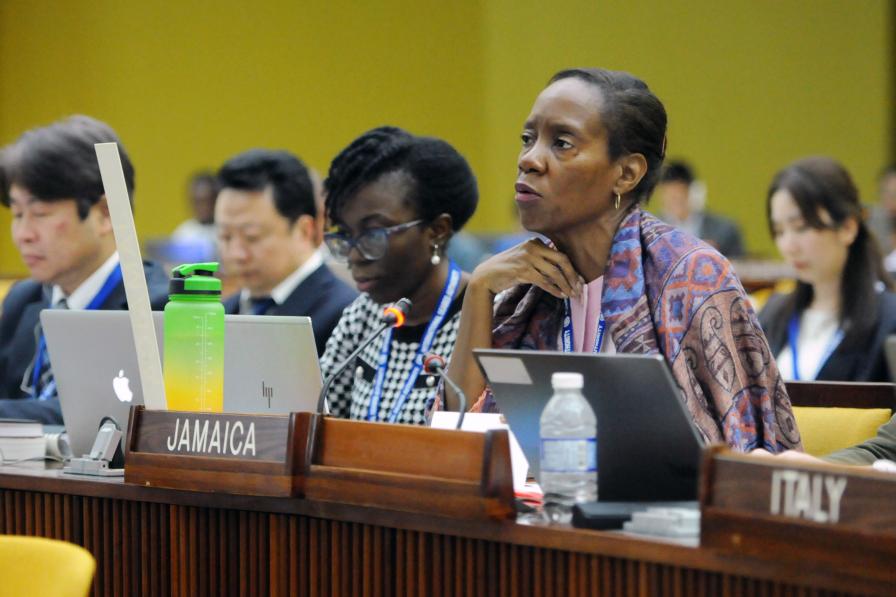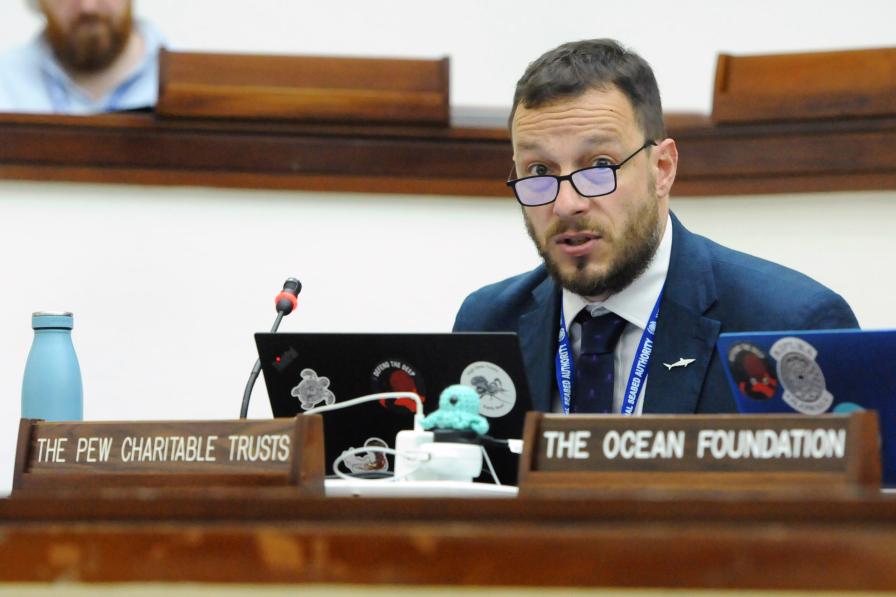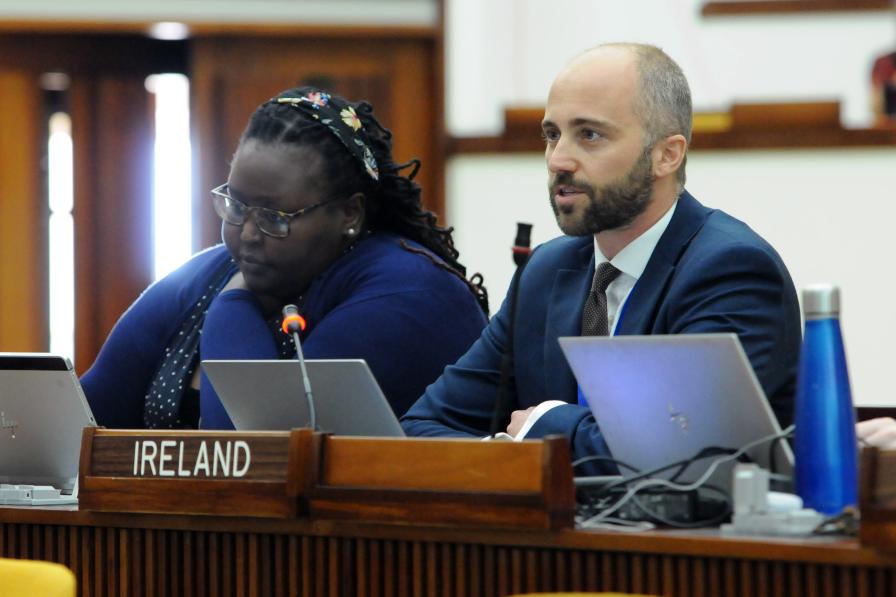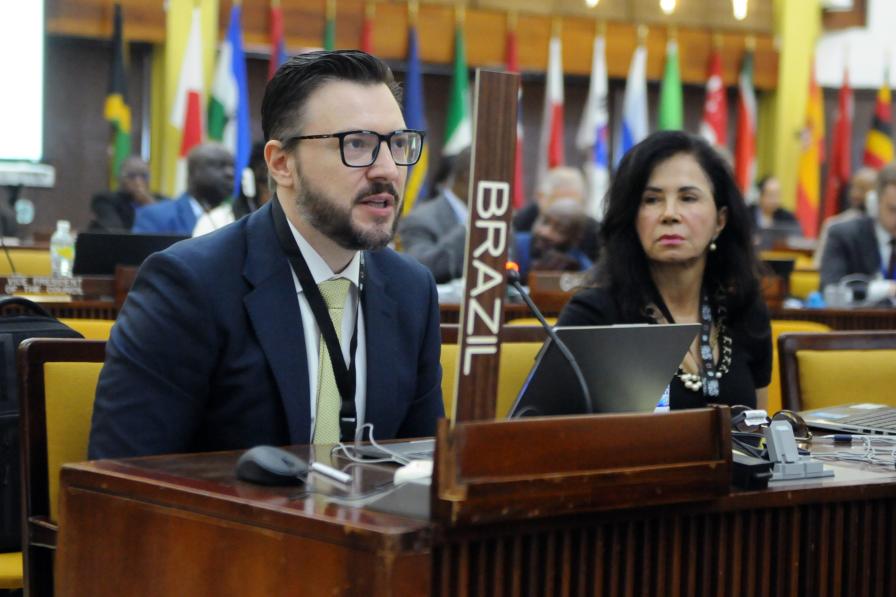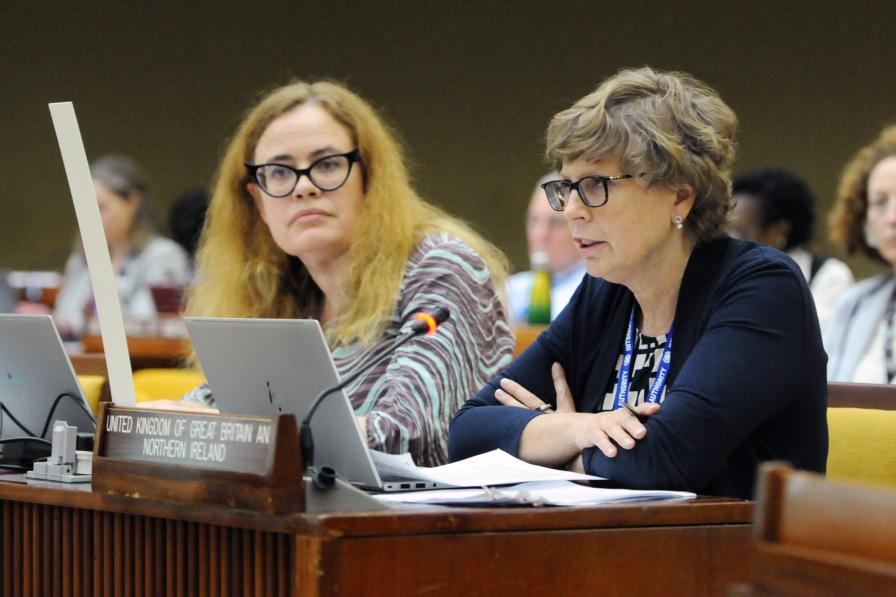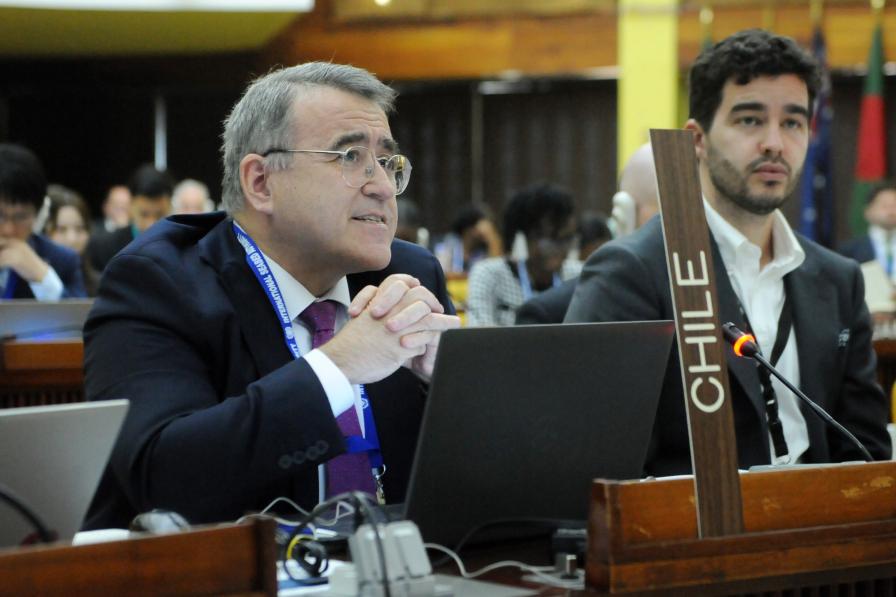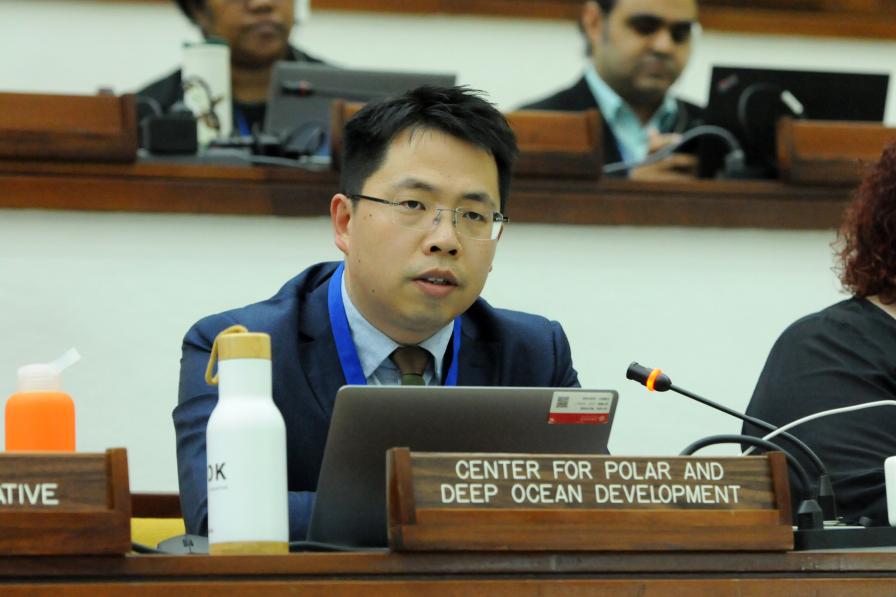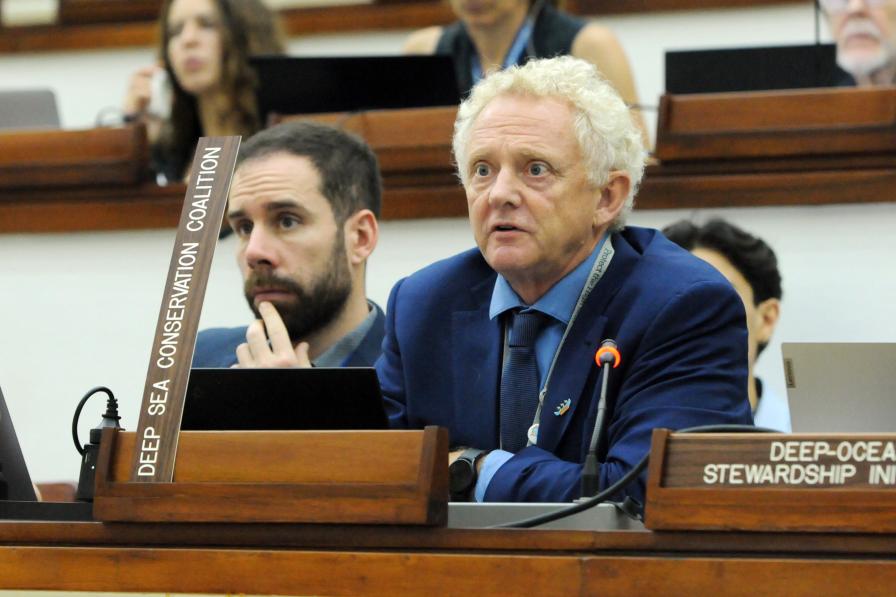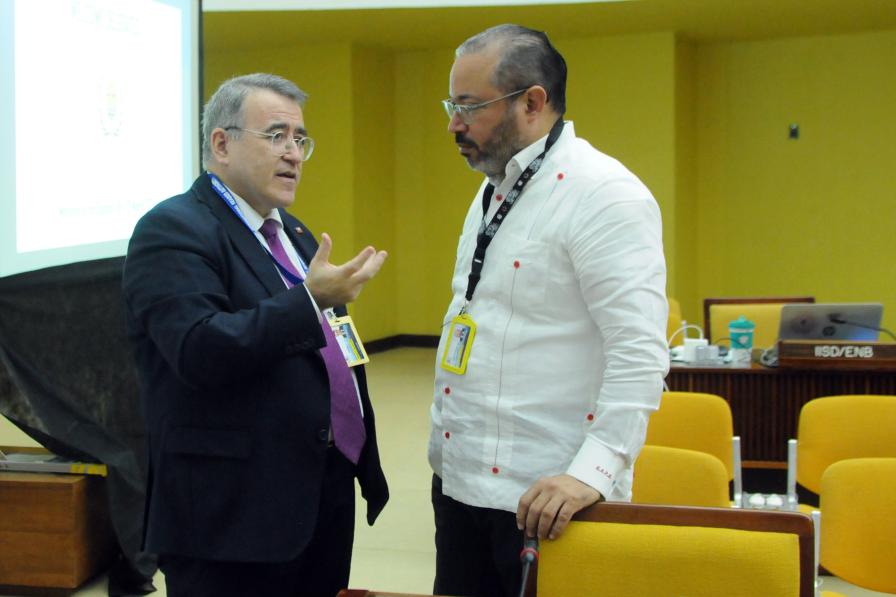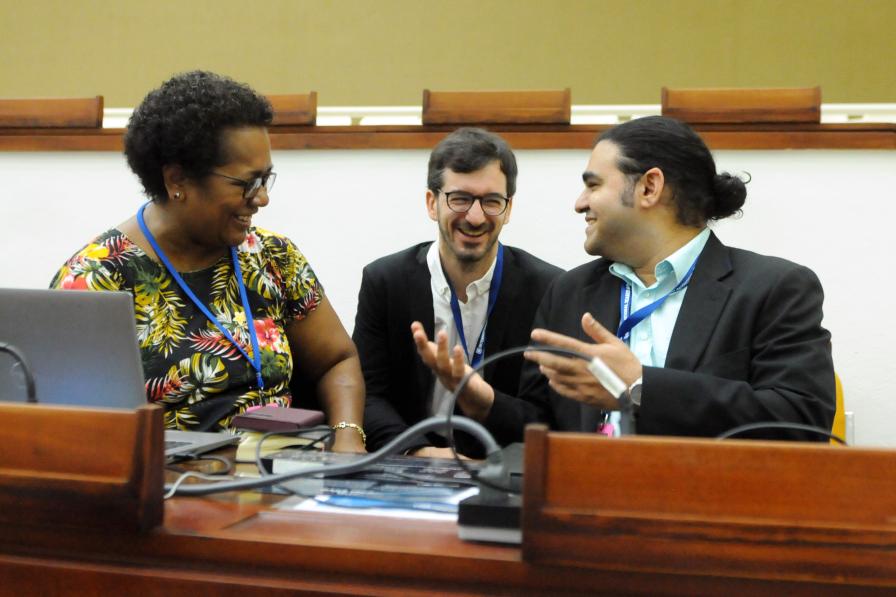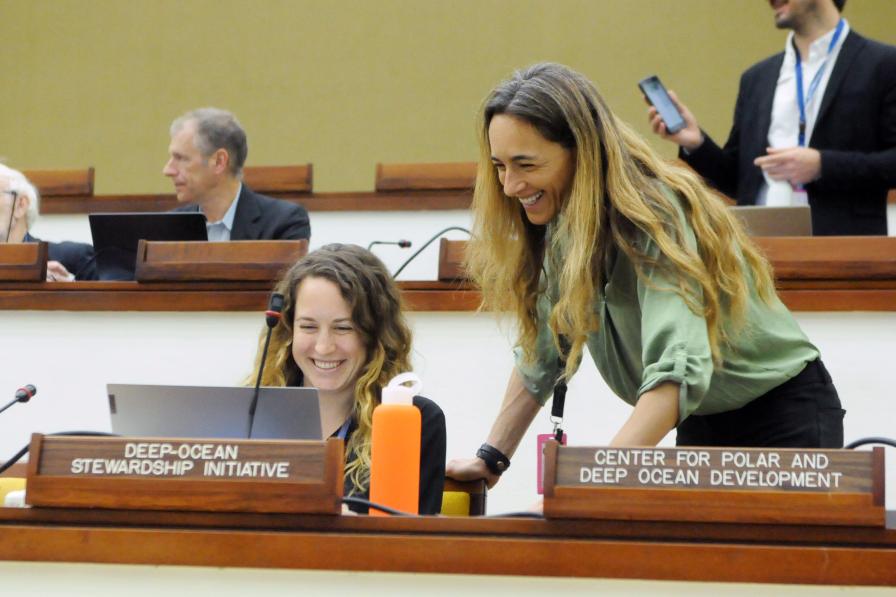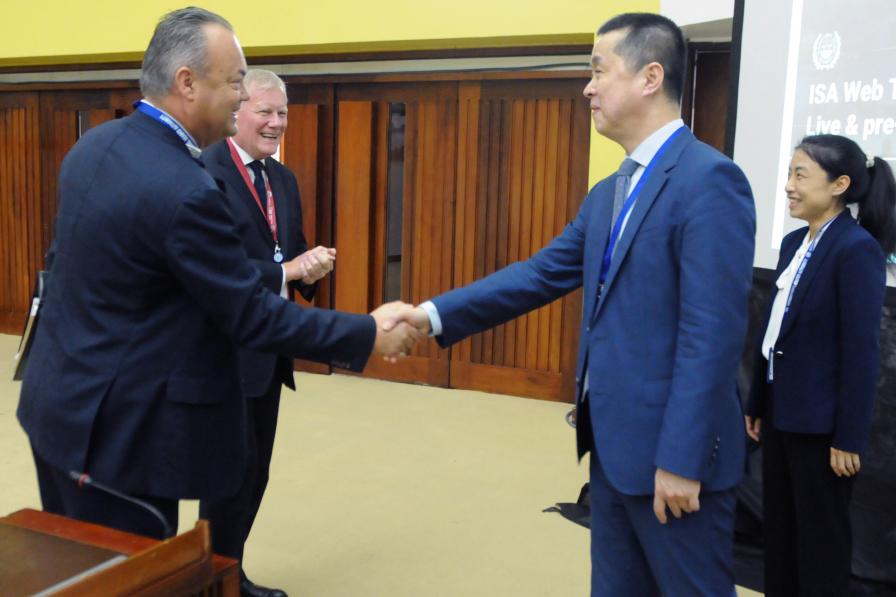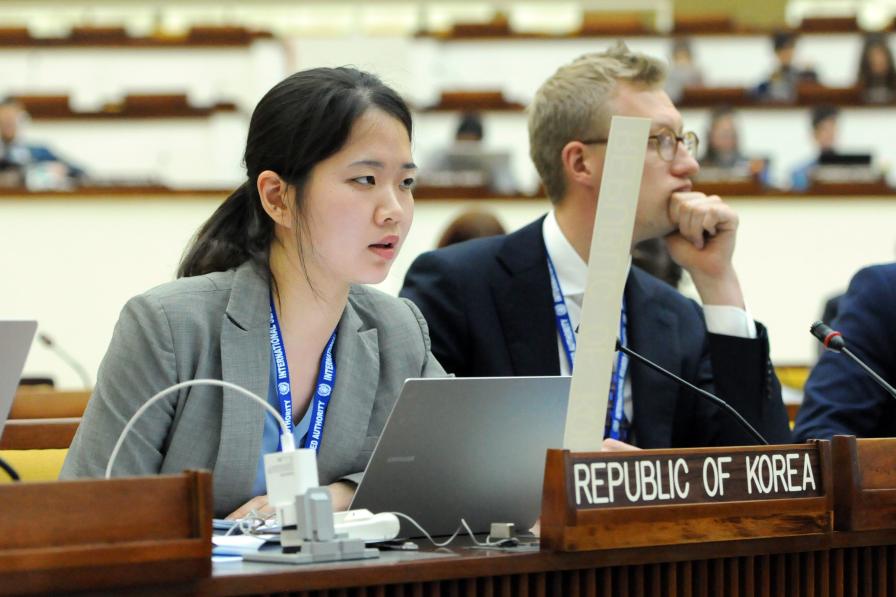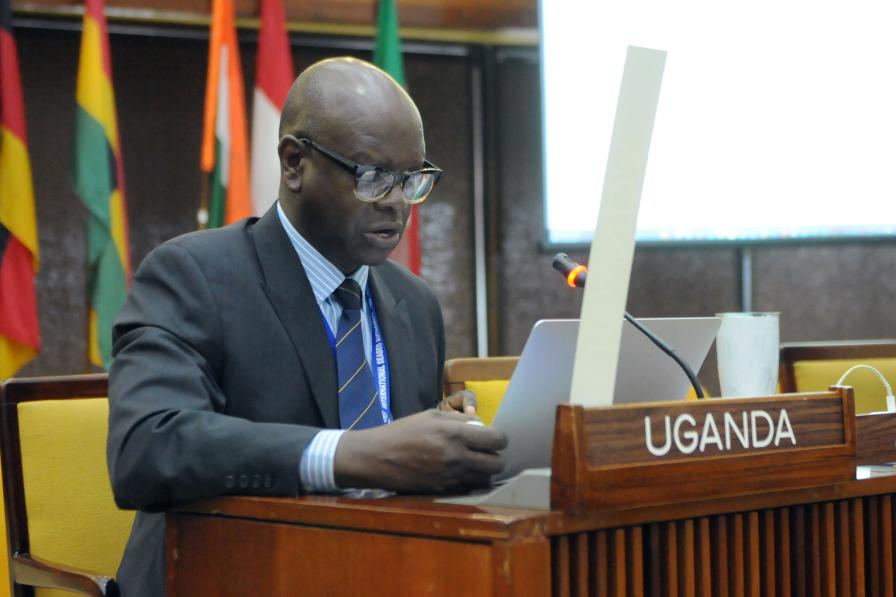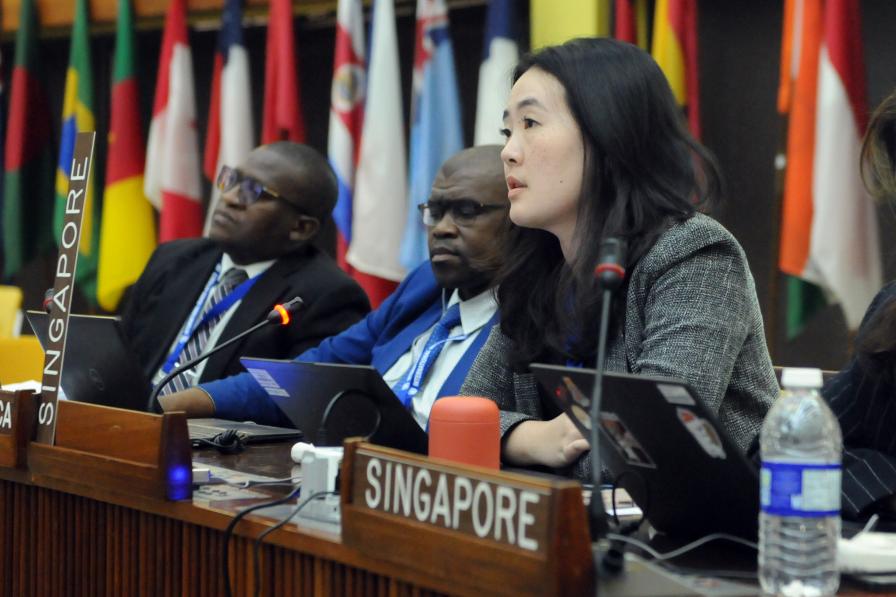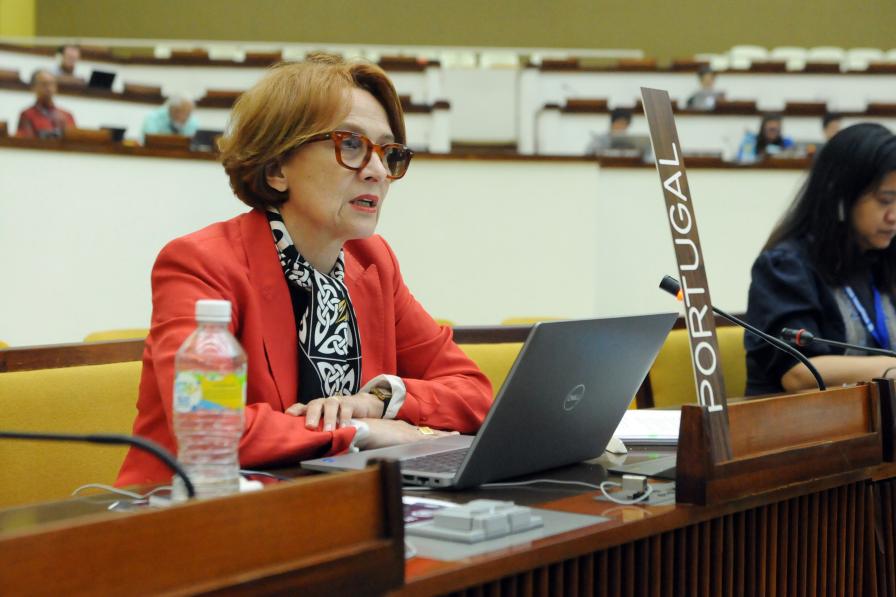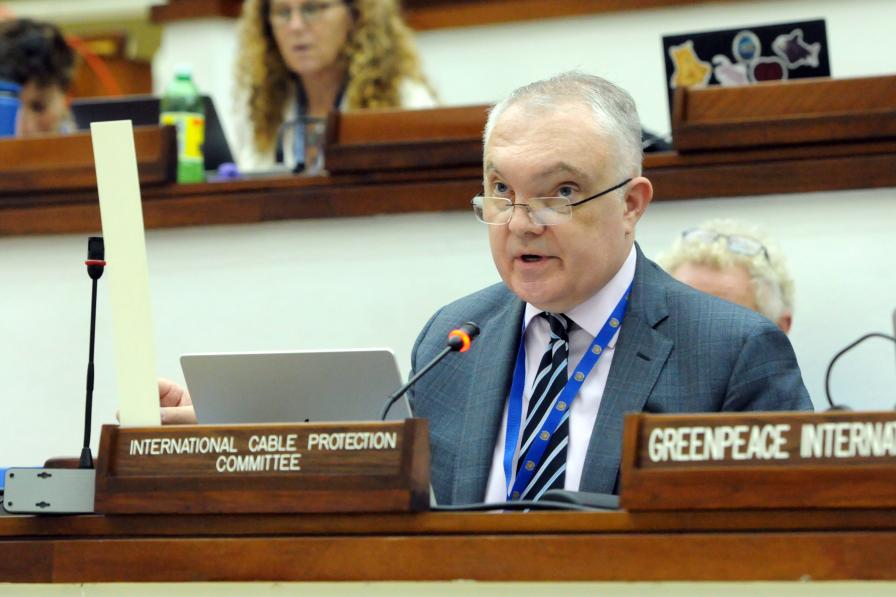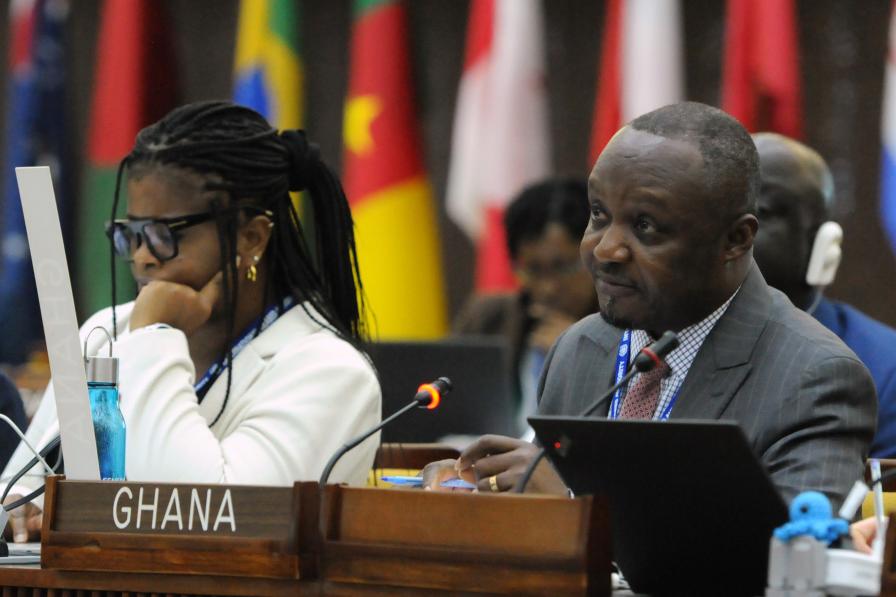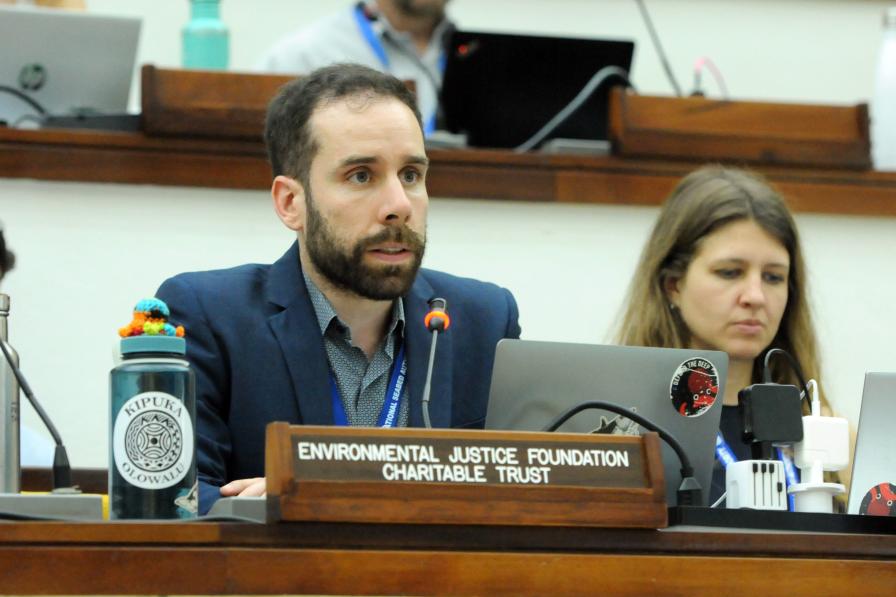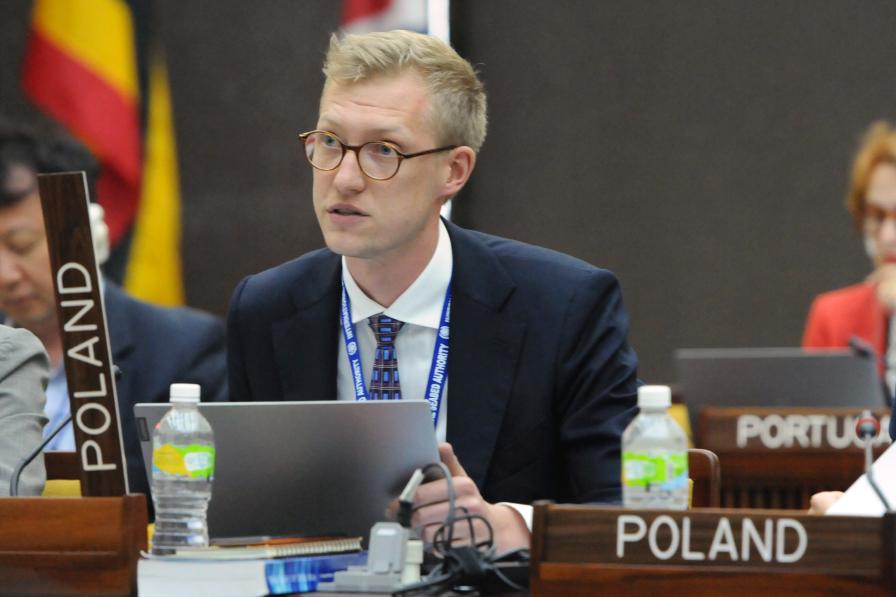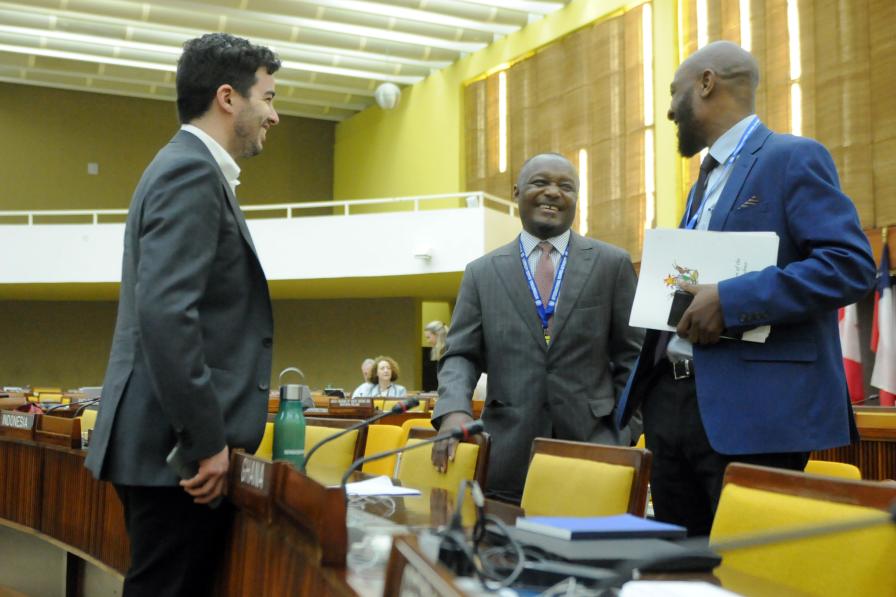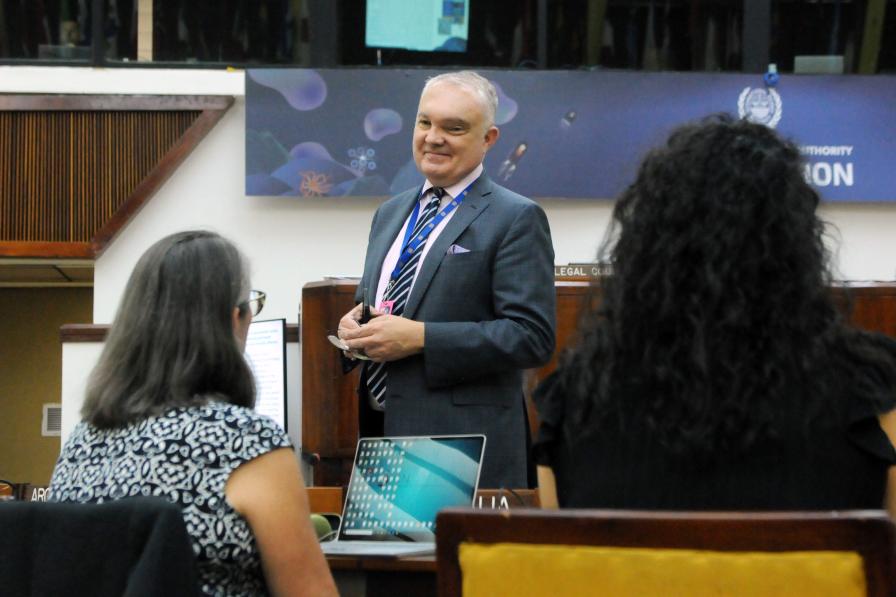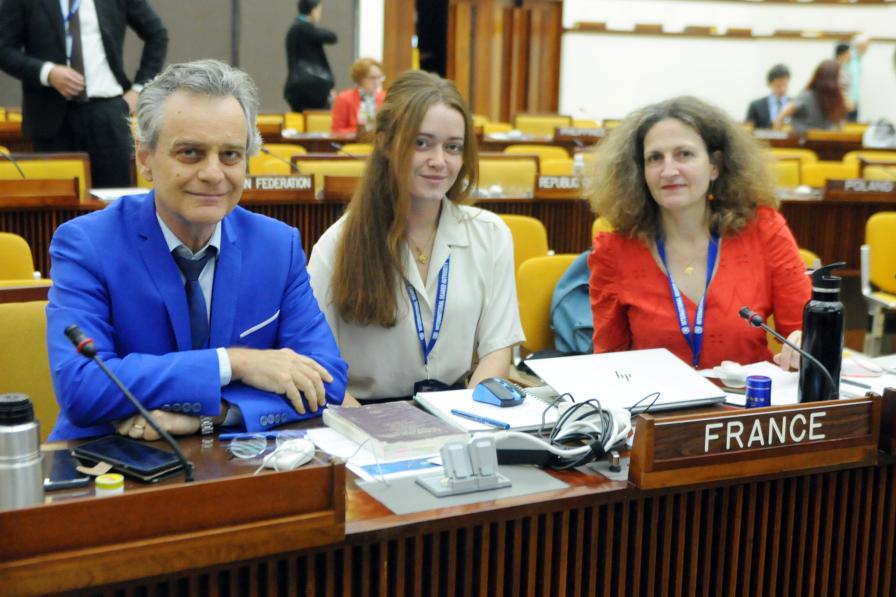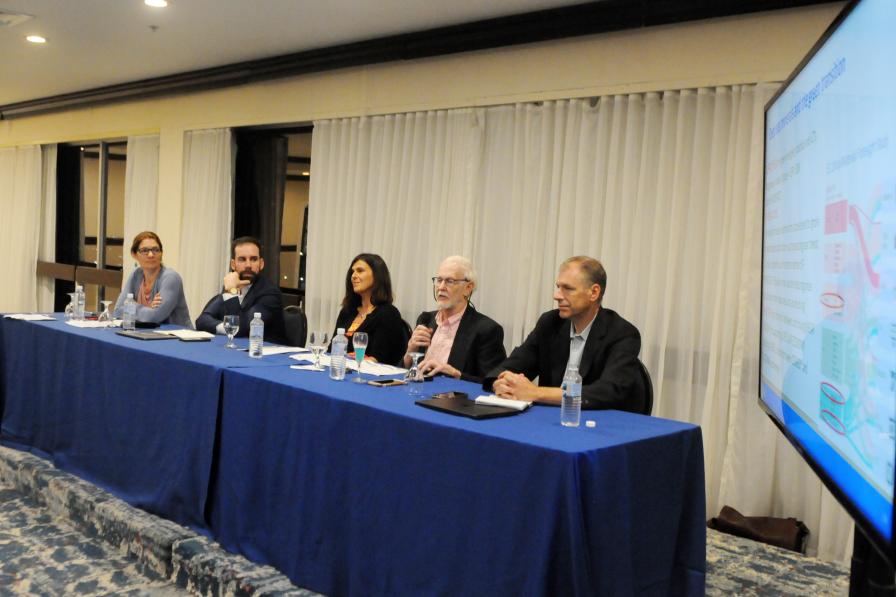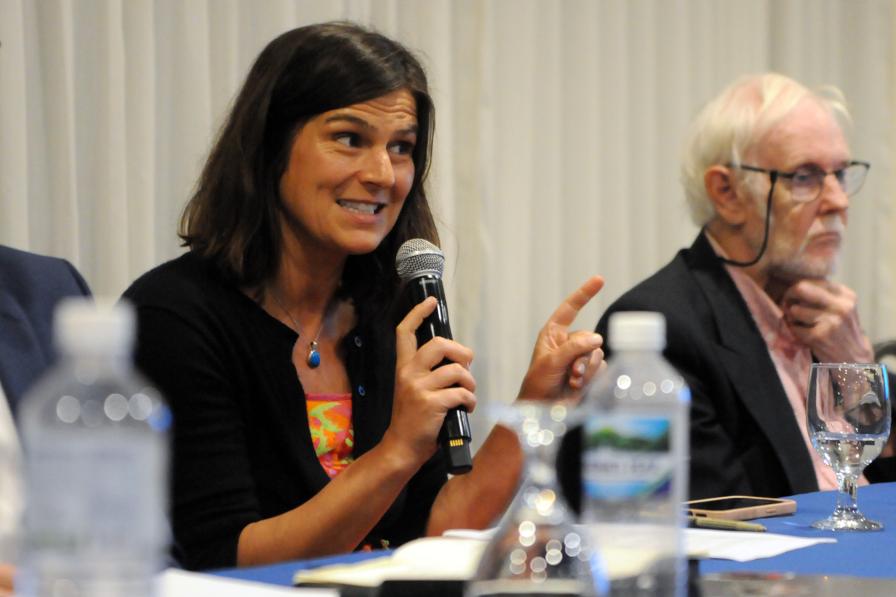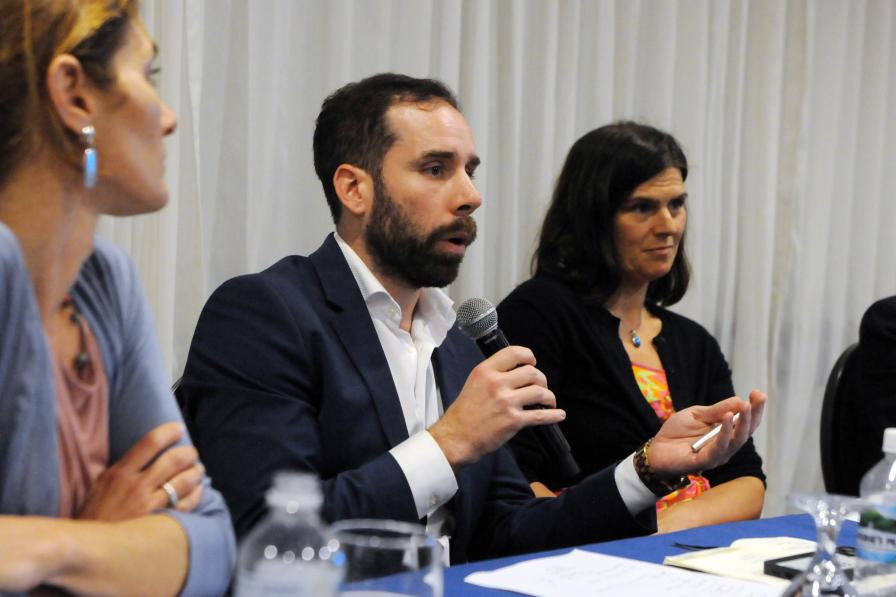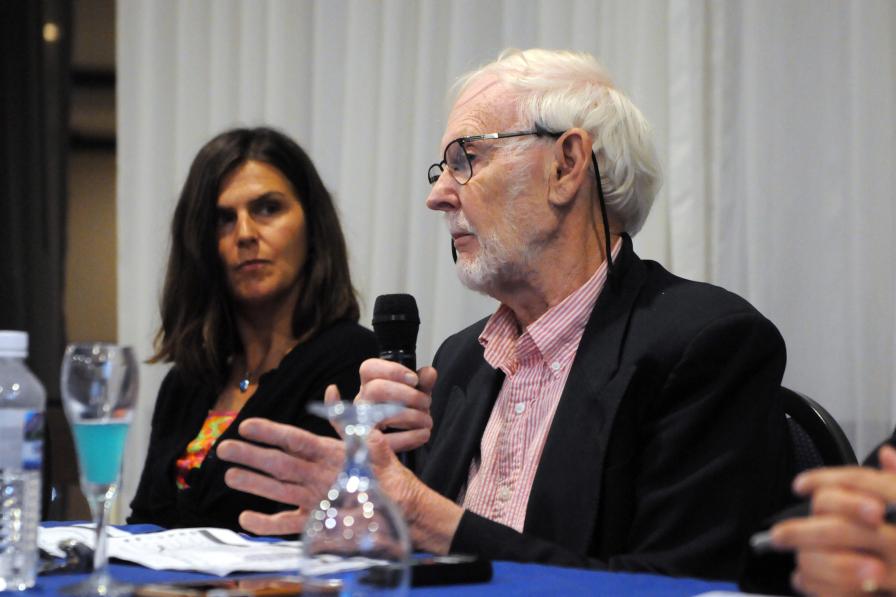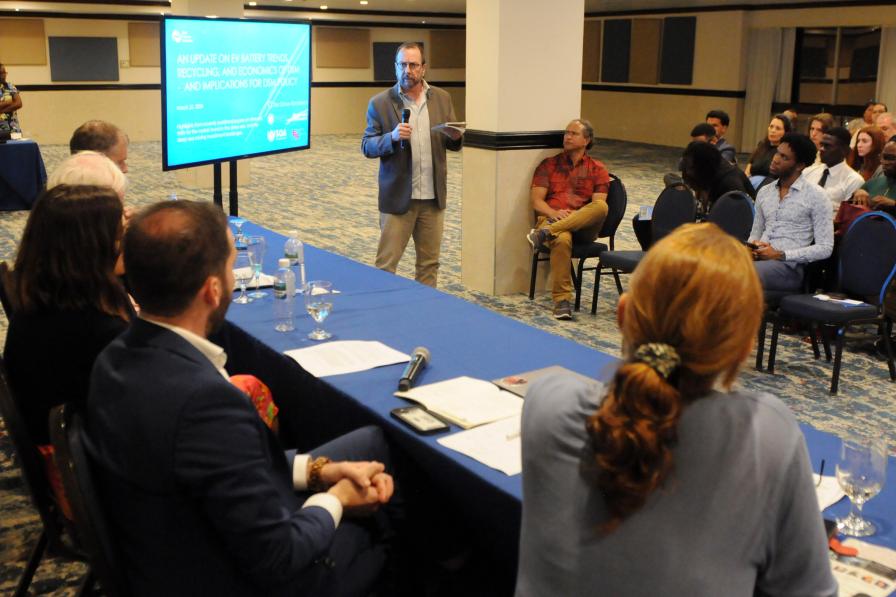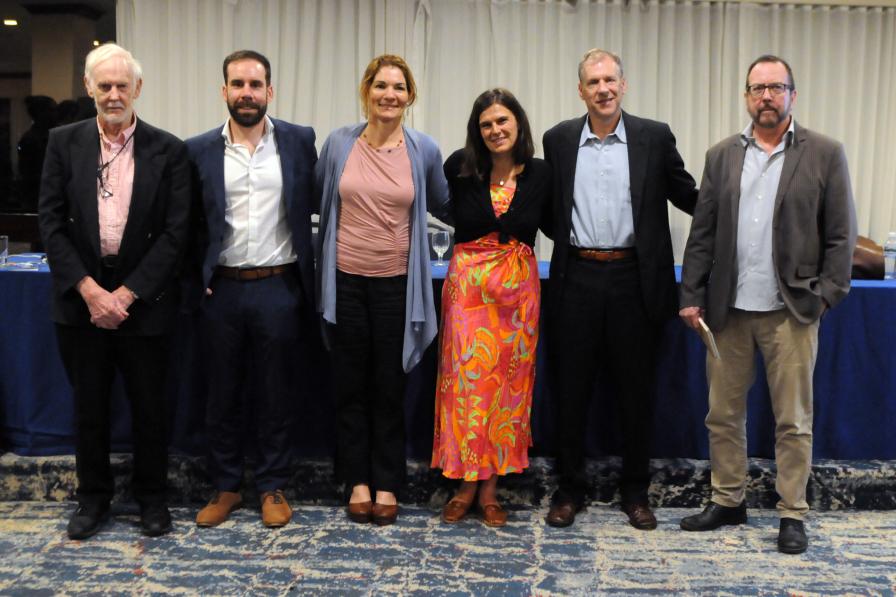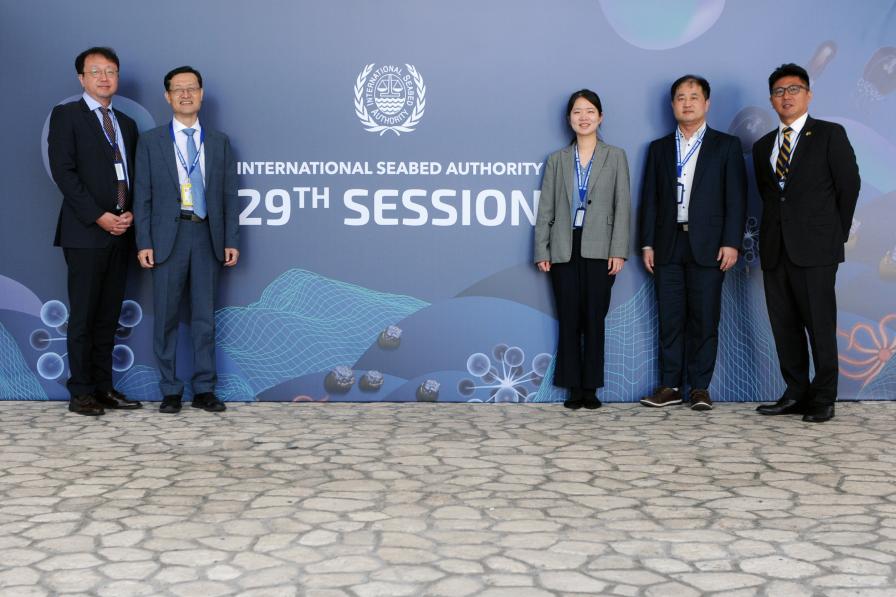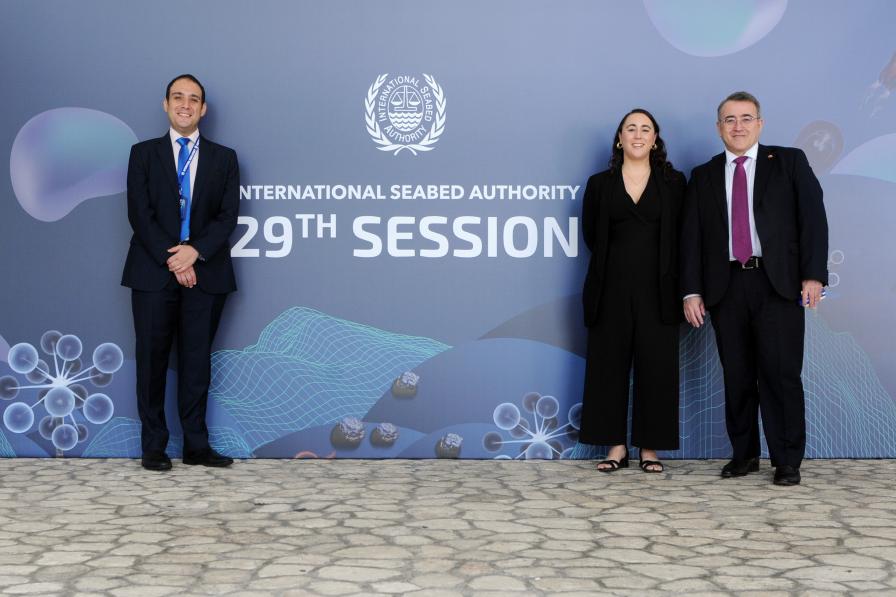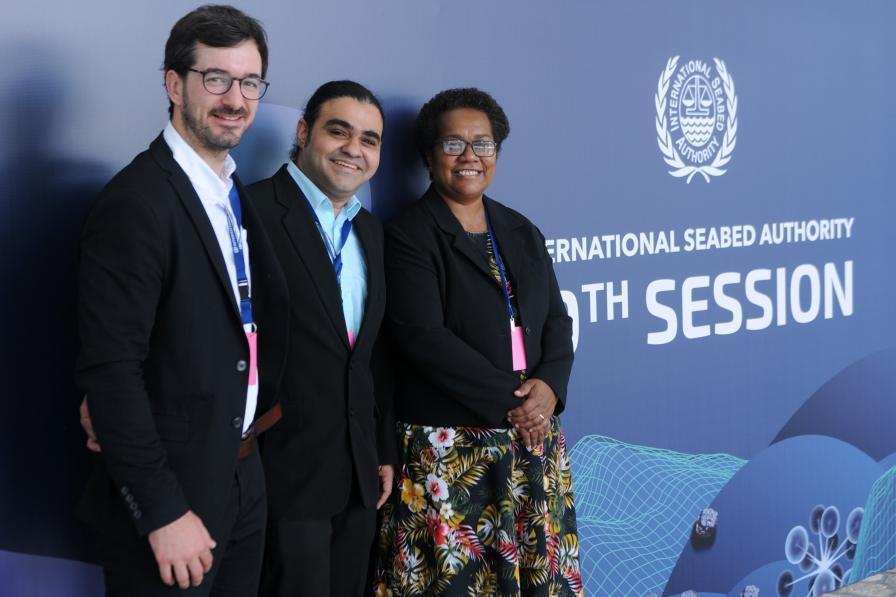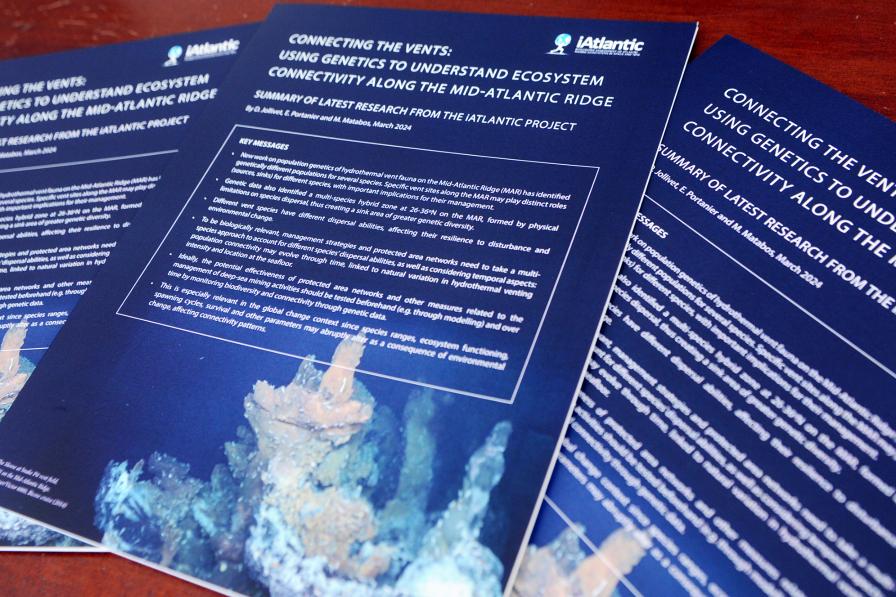The second week of negotiations at the International Seabed Authority (ISA) continued discussions on the draft exploitation regulations for deep-sea mining. On Monday, the Council focused on issues of effective control, which address the relationship between a sponsoring state and a non-state contractor. Such issues are important to ensure compliance with the regulations and the effective protection of the marine environment as well as for creating a level-playing field for contractors. Delegates further exchanged views on the assessment of applications, including consideration of plans of work by the Legal and Technical Commission (LTC), and contractors’ rights and obligations.
The Working Group on institutional matters, facilitated by Georgina Guillén-Grillo, Costa Rica, and Salvador Vega Telias, Chile, held a thematic discussion on effective control.
Guillén-Grillo provided an overview of the discussions so far, including the relevant webinar in September 2023. She drew attention to the 2011 Advisory Opinion of the Seabed Disputes Chamber of the International Tribunal for the Law of the Sea (ITLOS), including its caution against allowing sponsoring states of convenience. These refer to commercial enterprises based in developed countries setting up companies in developing ones in the hope of being subjected to less burdensome regulations and controls.
Guillén-Grillo stressed that nationality and effective control are different criteria, pointing to UN Convention on the Law of the Sea (UNCLOS) Article 4 (qualifications of applicants) of Annex III (basic conditions of prospecting, exploration, and exploitation). She highlighted a relevant discussion paper, containing two approaches: regulatory control and economic control.
Most delegates recognized that different approaches on effective control exist in international jurisprudence. Some members noted that UNCLOS relevant provisions contain adequate language and that a specific definition of effective control is not needed.
A few members emphasized that effective control must be interpreted as effective regulatory control and cautioned against disrupting existing arrangements. Others noted that both regulatory and economic control are important. Some delegations noted that monopolization and the spread of sponsoring states “of convenience” need to be prevented. Observers noted that effective control matters for enforcement, liability, and the integrity of the ISA.
Delegates then resumed consideration of the draft consolidated text. President Myklebust invited delegates to resume discussions on the assessment of applications (Regulation 13).
Several members pointed out duplicative provisions. A delegate cautioned against the LTC making recommendations on the basis of mere presence or absence of information, stressing that qualitative assessment is required. Many supported an alternative option, proposed by Germany, noting it is much clearer in its structure.
Discussions focused on: the contractor demonstrating sufficient financial resources at the time of the application; cultural rights; and the relationship with other competent international organizations.
On amendments to the proposed plan of work (Regulation 14), some members suggested the Secretary-General be responsible for administrative functions, while the LTC address technical considerations. A participant suggested clarifying the criteria for determining if an amendment is significant, leading to public consultation. A few delegates opposed additional provisions on consultation.
On the LTC recommendation for the approval or disapproval of a plan of work (Regulation 15), a delegate suggested removing all provisions regarding disapproval, attracting some support. Some members suggested using specific criteria for assessment to avoid cases where it is unclear why the LTC refuses an application. A delegate suggested adding an additional criterion that a plan of work should not undermine binding goals set out in other global environmental frameworks.
A member suggested adding that the LTC may recommend approval of a proposed plan of work if it complies with relevant regulations and “has sufficient information to determine that all requirements are met.” He added that the “sufficient information” requirement is included in various international frameworks to address cases of high scientific uncertainty.
Delegates expressed divergent opinions about provisions on: strategic environmental goals and objectives; regional environmental management plans (REMPs); time limits for the LTC’s considerations; and other uses, including submarine cables.
On the consideration and approval of plans of work (Regulation 16), delegates expressed divergent views on, among other things, whether: the Council should consider reports by any other relevant ISA subsidiary body; and a plan of work will be considered approved if the Council does not take decisions in the provided time.
On the exploitation contract (Regulation 17), delegates agreed that seven days is a reasonable amount of time for the publication of the contract in the Seabed Mining Register.
On rights and exclusivity under an exploitation contract (Regulation 18), members discussed a provision aiming to ensure that no other entity operates in the contract area for a different category of resources, with many requesting clarifications.
A member, supported by others, insisted on reinstating a provision noting that adverse impacts from activities in the Area must be limited to the contract area, stressing, among other things, that cross-contamination will: make it impossible to ensure compliance; stifle innovation; and put coastal states at risk.
On the obligations of the contractors (Regulation 18 bis), delegates discussed use of vessels and ports; contractors’ liability, parent, and subsidiary companies; and a reference to REMPs as an instrument that contractors shall comply with. Several members queried the omission of their previous proposals in the consolidated text.
In the evening, a side event organized by the Deep Sea Conservation Coalition (DSCC) provided an update on EV battery trends, recycling, and the economics of deep-sea mining.
To receive free coverage of global environmental events delivered to your inbox, subscribe to the ENB Update newsletter.
All ENB photos are free to use with attribution. For the 1st Part of the 29th Annual Session of the ISA, please use: Photo by IISD/ENB - Diego Noguera

